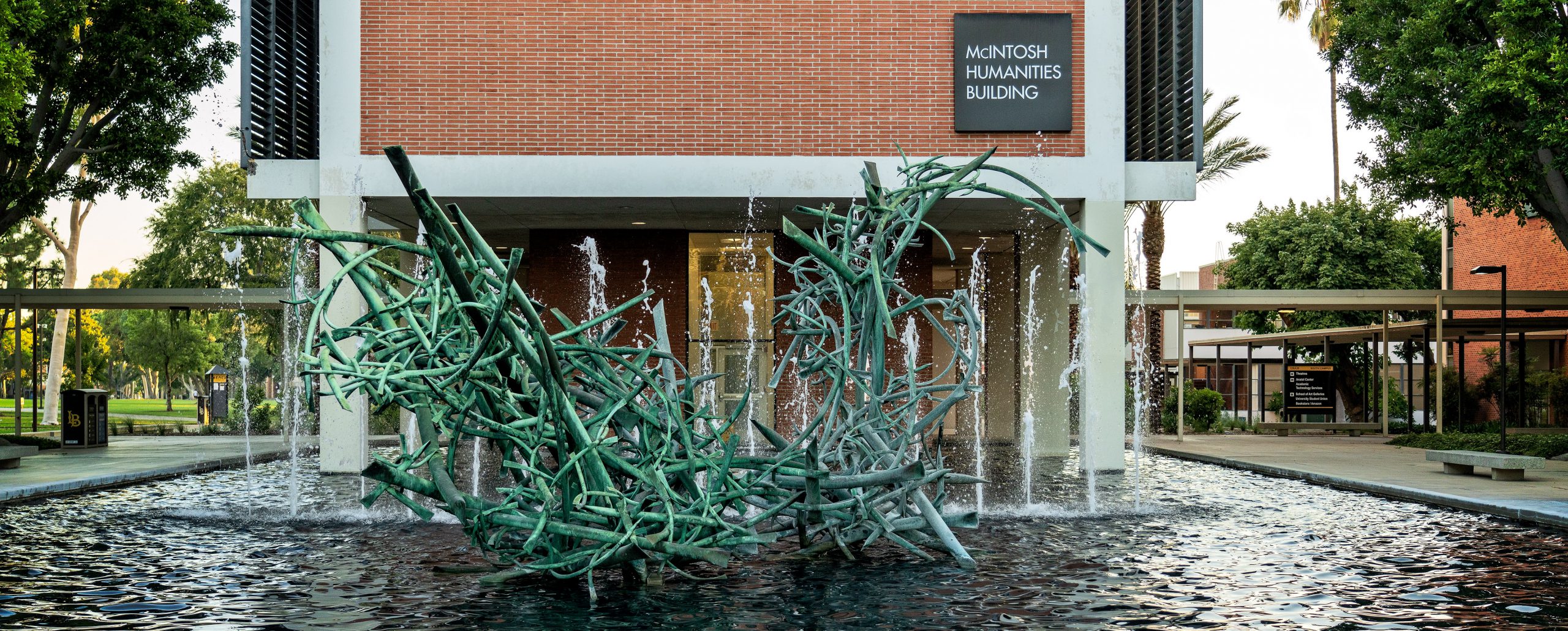Nancy Sommers Explores the Important Topic of Responding to Student Writing to Inspire Revision
November 27, 2011Renowned scholar, teacher, and writing program administrator Nancy Sommers (Harvard) visited California State University, Long Beach on Friday, November 18th, 2011, on behalf of CSULB’s Composition Program. Her presentation and workshop focused on the important topic of responding to student writing to inspire revision.
Sommers began her presentation by prompting audience members to consider “the pleasures of reading student writing.” She presented her short film Beyond the Red Ink and asked audience members to take note of any students’ comments that make an impression. The film introduces seven Bunker Hill Community College students who talk about the vital role teachers’ written comments play in their academic lives. After viewing the film, audience members were more than willing to share the students’ comments that stood out to them. Conversation arose about how to avoid rendering students passive with comments. This conversation led Sommers to describe the “Dear Reader” letter, an analytical piece of writing that asks students to reflect on their own writing processes. Submitted with either a draft or the final copy of a paper, the “Dear Reader” letter may ask students to reflect on the challenges of a paper assignment, identify their thesis statement and supporting arguments, acknowledge substantial changes between drafts, and conceive of additional changes they would make on a paper if provided more time.
Sommers encouraged audience members to make “comments with background”; in other words, she stressed the importance of making comments directly referencing a lecture, reading, or student-teacher conference. She also asserted that comments should not serve as signification for grades. For instance, more comments should not signify a worse grade. This assertion begs one to consider the kind of comments that he or she is giving on students’ papers. Sommers continued by identifying “two main movements in freshmen composition”: the movement away from the five-paragraph structure and the movement from summary to analysis. The workshop portion of the lecture then began as audience members read a sample student paper and, together, commented on its strengths and weaknesses. Possible suggestions for revision were also shared between Sommers and the audience. The lecture ended with a brief discussion of Rules for Writers, a handbook that Sommers coauthored with Diana Hacker.
Sommers has taught writing and mentored new writing teachers for thirty years. For the past twenty years, she led Harvard’s Expository Writing Program, both directing the first-year writing program and establishing Harvard’s Writing Across the Curriculum program. Sommers now teaches at Harvard’s Graduate School of Education, where she leads a “Teachers as Writers” initiative. Prior to teaching at Harvard, she directed the University of Oklahoma Writing Program and taught in the Rutgers University, Monmouth College, and Boston University writing programs. Sommers has also helped establish writing programs in Asia and Europe and has been a consultant to over 100 writing programs throughout the United States.
A two-time Braddock Award winner, Sommers is well known for her research and publications on student writing. Her articles “Revision Strategies of Student and Experienced Writers” and “Responding to Student Writing” are two of the most widely read and anthologized articles in the field of Rhetoric and Composition. Sommers’s “Between the Drafts” and “The Novice as Expert: Writing the Freshman Year” are popular readings in first-year studies programs. She has also created three films—Shaped by Writing, Across the Drafts, and Beyond the Red Ink—to bring the voices of student writers into a larger discussion about writing instruction. More information about these films can be found here.
Nancy Sommers’s recent work involves a longitudinal study that followed 400 Harvard undergraduates through their college careers to understand the role writing plays in undergraduate education. Her current research focuses on the transition from urban high schools to community colleges.
Written by Cortney Smethurst

